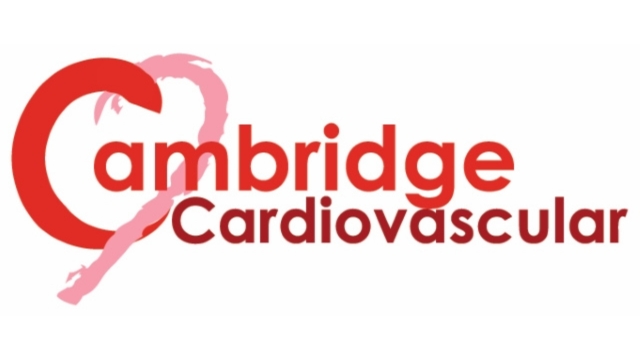Seminar: Sodium-Glucose-coTransporter 2 inhibitors (SGLT2i): statins of the 21st century?

Cambridge Cardiovascular Seminar Series: Sodium-Glucose-coTransporter 2 inhibitors (SGLT2i): statins of the 21st century? Cardio-vascular protection through the Na+– interactome
Speaker: Dr Coert Zuurbier, Amsterdam Cardiovascular Science Institute, Amsterdam UMC, University of Amsterdam, The Netherlands.
Host: Prof Thomas Kreig
When: Tuesday, 26 November 2024, 1-2pm.
Where: VPD-HLRI, Cambridge Biomedical Campus, Papworth Road, Trumpington, Cambridge CB2 0BB.
Who is it for? Anyone involved in Cardiovascular Research
It would be great to see you in person, but if you need to attend remotely please contact Jane Sugars to receive a Zoom link.
SGLT2 inhibitors (SGLT2i) are now guideline-recommended therapies for diabetic, heart failure and kidney patients. Originally developed to reduce glucose-reabsorption through SGLT2 inhibition in the kidney, the large beneficial effects cannot all be explained by its glucose excretion effect through SGLT2 inhibition in the kidney. Various off-target effects of SGLT2i have now also been reported, especially for the heart and vascular cells.
Here, we discuss these main on-target and off-target effects that can explain most of the large cardiovascular and kidney protective effects. Following shortly discussing the on-target SGLT2-mediated effects on the kidney, focusing on hemodynamics and cellular protective signaling within the kidney, in this presentation we mainly focus on the off-target effects on the cardiovascular system.
The main off-target effects that will be discussed are changes in ionic homeostasis (Na+, Ca2+) through interaction of SGLT2i’s with plasma sodium loaders (NHE, NCX, Na channel) of cardiac cells (cardiomyocytes, endothelial cells, fibroblasts) that are mostly devoid of SGLT2. Knowing that increases in cytosolic Na+ and Ca2+ are both markers and drivers of the development of heart failure, these changes in ionic homeostasis can then explain many of the reported down-stream beneficial effects of SGLT2i such as reductions in oxidative stress, inflammation, metabolic rewiring and structural remodeling of the heart. The role of SGLT2 protein in these effects will be examined using SGLT2 knockout animals.
This work has been sponsored by the European Foundation for the Study of Diabetes (EFSD), Amsterdam UMC Cardiovascular Research, Boehringer Ingelheim, and EU Cost action Cardioprotection CA16225.
See the event page
 back
back